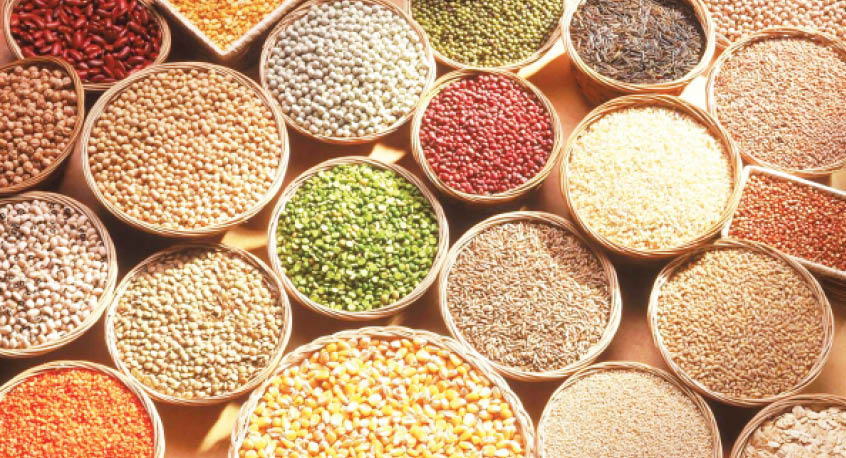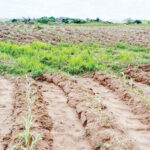More civil servants in Niger State said they were forced to embrace farming this rainy season as part of strategies to save themselves from the soaring prices of foodstuff in the country, which has brought tough times on citizens.
Some civil servants told our correspondent that the initial practice was to wait and buy foodstuff from farmers during the harvesting period, but with the rising cost of grains and other food items, it is now more cost-effective to embrace farming.
Daily Trust on Sunday gathered that some civil servants hired hectares of land in rural areas, where they spent weeks planting crops, especially rice, maize and other grains, as well as yam.
One of the civil servants, Mohammed Haruna said, “We hired a hectare of land from landowners between N100,000 and N150,000.”
- Kebbi govt pledges scholarship to 11 school girls rescued from bandits
- Resuscitating Ajaokuta steel, ALSCON, Tinubu’s target legacies – Shettima
Another person, Mallam Almamun Mahmud Mallam, said he grew maize and cowpea in his farm.
He said, “My motivation is the rains, for which the Almighty charges us nothing. The haphazard implementation of economic reforms are necessary but require meticulous planning, which seems to be lacking, translating into the fact that things are going to be tough for ordinary Nigerians.
Another civil servant in the state Ministry of Information, Abubakar Adamu Kuta, told Daily Trust on Sunday that, “There are so many factors that motivate me to key into farming. The prices of foodstuffs, including rice, maize and guinea corn have been on the increase since 2015. As a civil servant my salary has been static. I have so many other personal and family financial obligations to cater for. The only way to survive this is to take up farming so as to save the money that would have been used for buying foodstuff for something else.
“The challenge is that government does not encourage civil servants to farm. And those who really want to farm don’t have access to land and agric inputs. We rent a hectare of land between N100,000 and N150,000 annually. And one is expected to give the landowners certain portions of whatever is cultivated, popularly known in Hausa as “amfaninkasa.”
“The cost of fertiliser, herbicides and insecticides, among other agricultural inputs, has skyrocketed, thereby affecting one’s ability to increase production. I used to buy a bag of NPK fertiliser at the rate of N6,000, but it is now N25,000 in the market.
“Another challenge is the activities of herders, who are still into open grazing practices. At any time they can run their cattle into one’s farm, thereby igniting clashes here and there. This is a serious problem that must be addressed holistically.”
Checks at grain markets in Niger State revealed that a bag of new maize goes between N24,000 and N26,000, while a bag of old maize is N35,000.
Similarly, the price of beans remained N26,000 to N27,000 while a bag of guinea corn is between N35,000 and N40,000 in various markets in the state.
Also, a bag of red beans goes between N42,000 and N45,000 while white beans is between N40,000 and N42,000.
Red guinea corn is between N27,000 and N29,000 while a bag of millet goes between N24,000 and N26,00.0
Similarly, a measure (mudu) of rice is now between N1,200 and N1,400 while that of maize goes between N700 and N800 per a measure in various markets across the state.

 Join Daily Trust WhatsApp Community For Quick Access To News and Happenings Around You.
Join Daily Trust WhatsApp Community For Quick Access To News and Happenings Around You.


